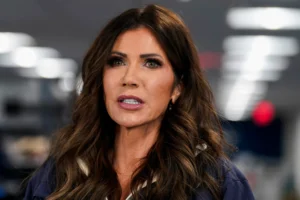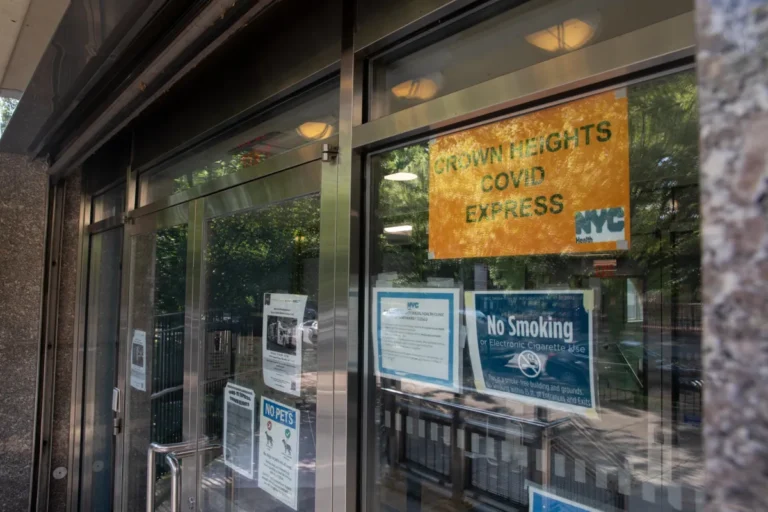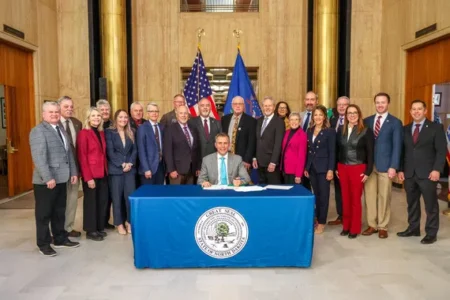New York City’s last walk-in COVID testing clinic, located in Crown Heights, Brooklyn, is closing its doors. Run by the Department of Health and Mental Hygiene, the clinic provided free PCR tests with results in 24 hours. It also tested for RSV and the flu.
The closure is part of a larger move to end federally funded COVID-19 services. Acting Health Commissioner Dr. Michelle Morse explained the shutdown is aligned with long-term plans to scale back emergency operations now that other services are available.
At the height of the pandemic, this clinic tested hundreds of people each day. But recently, it averaged just 15 patients on the busiest days, according to someone familiar with the clinic’s operation.
Even as COVID rates in New York have dropped since the pandemic’s peak, data shows small summer upticks and winter surges still happen. That’s why some residents are concerned about losing easy access to testing.
Currently, New York City Health + Hospitals provides testing at 11 hospitals and 29 Gotham Health Clinics. These locations offer help for patients who are uninsured or underinsured. However, booking a test is not always simple. Calls to the testing hotline often lead to long waits and confusing menus. Automated systems don’t always mention COVID, and some callers are passed from one number to another without clear answers.
In contrast, the Crown Heights clinic allowed walk-ins and fast online booking. For residents like Kt, who has long COVID symptoms such as insomnia and brain fog, the clinic was a vital part of staying safe. Kt lives with an immunocompromised roommate and visits the clinic during flare-ups to avoid spreading the virus.
On a recent Tuesday, Kt woke up with a sore throat and body aches. They booked an appointment in minutes and got negative results by the next day. Since early 2024, Kt has also worked with the Crown Heights Care Collective to protest the closure.
“It gives the false idea that COVID is over,” Kt said. “It feels like an attack, especially when healthcare services like Medicaid and Medicare are being cut.”
These concerns are echoed by Nia Nottage, a 31-year-old freelance art curator and organizer with ACT UP NY. Nottage has used the Crown Heights clinic for peace of mind before social events. They explained that for people living with chronic illnesses like HIV, knowing quickly whether symptoms are from COVID is essential.
Rapid tests, Nottage said, are not always reliable, especially for people without symptoms. They’re also not free, unlike the service the clinic provided.
“It’s not just about me,” Nottage said. “It’s about making sure I’m not a risk to others. That’s why testing matters.”
After the clinic shuts down, the staff will move to a nearby sexual health center. Some community groups like G Rebels and Air NYC will continue to offer testing in the area, though on a smaller scale.
Dr. Denis Nash, an epidemiologist at the City University of New York, said COVID testing still plays a role in public health. But he noted that the free clinics were created to remove barriers during an emergency, supported by federal funding.
“With limited health budgets, it makes sense for the city to shift testing to regular healthcare channels,” Dr. Nash said. “We still need testing, but it may not require the same emergency setup.”
For many, though, the closure of the Crown Heights COVID testing clinic marks the end of an era — one that helped many New Yorkers get through the most uncertain times of the pandemic.







